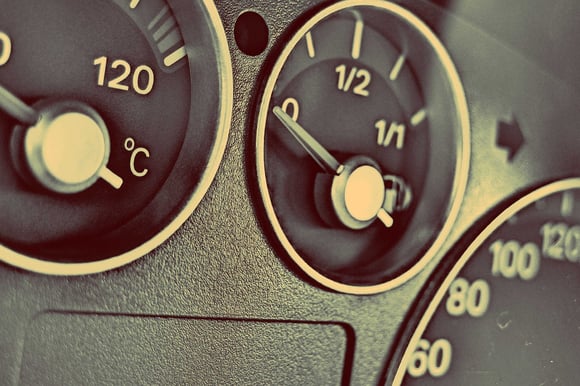#1 - Only small vehicles can get good mileage
“In order to get good fuel economy, you need a small vehicle”. Although it seems a logical explanation, the smaller car or vehicle is not always the
most efficient. New standard size vehicles have been built using advanced technologies such as hybrid
drivetrains and
turbocharged diesel engines. If you really want to save fuel, choose vehicles that are designed to
suit your requirements, operate them with their scope and
avoid aggressive driving by adopting a smooth driving style.
#2 - Old vehicles gulp fuel
According to some sources, fuel economy decreases as vehicles get older. But according to others, this could well be a common misconception—a vehicle’s mileage may even improve after the first few years of ownership. If engines and the whole vehicle are
properly maintained there is no reason why a vehicle should not deliver at least the same performance over its lifetime. The key, as we often reiterate in our blog, is
regular maintenance.
#3 - Replacing air filters improves MPG
Replacing an air filter was supposed to be good for improving fuel economy in a vehicle, but apparently it is no longer the case with modern and fuel-injected engines, whose technology is able to control the air entering the engine and adjust the fuel flow automatically. This does not necessarily mean you shouldn’t replace your air filter, but just pay attention to the recommended maintenance schedule, do what is needed and don’t focus on unnecessary maintenance.
#4 - Idling is better than restarting
According to popular beliefs, starting a vehicle uses more fuel than letting the engine idle. But, in fact, an
idling car is a fuel wasting car. If you are going to stop for more than 10 seconds, it is best to turn off your engine and restart as it will
save more fuel.




